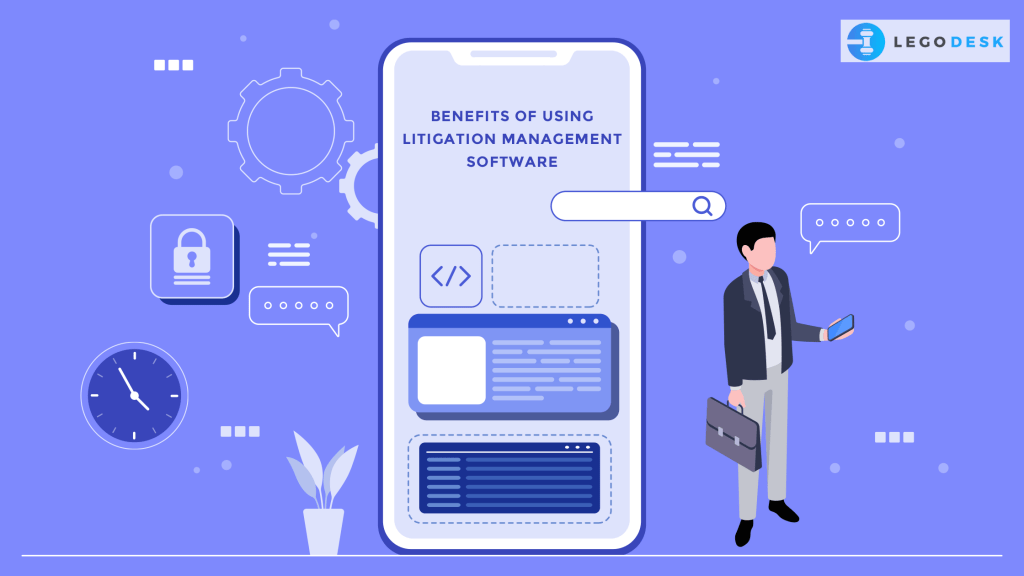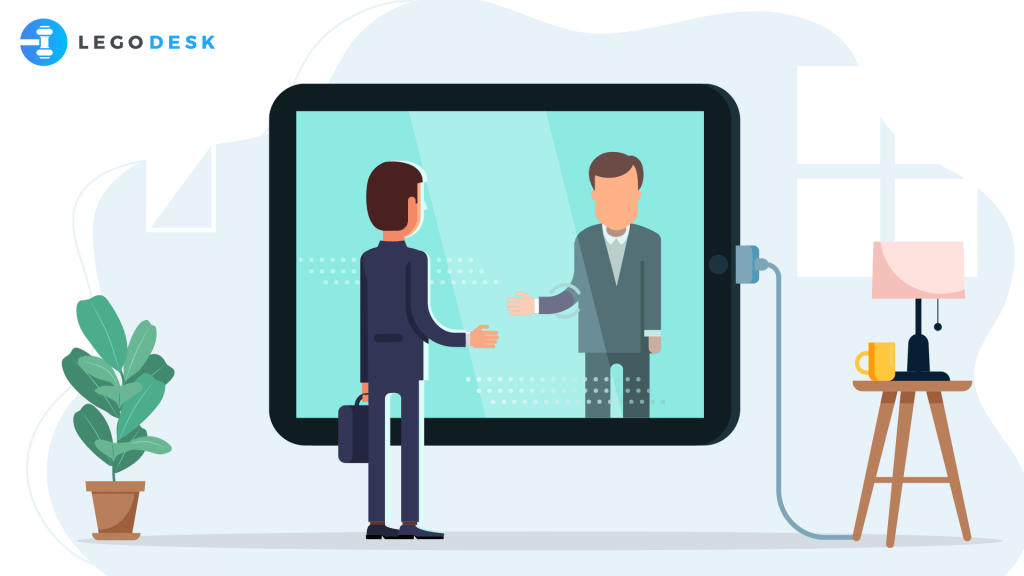Time and again, through our blog, we have talked about the importance of legal software and the impact it can bring to streamline the practice. But, lawyers, being the practitioners of one of the oldest systematic professions of the world, are still stuck to old ways with little reliance on primitive technology such as typewriters, computers, copy and fax machines. They are still skeptical about the latest technology and struggle to accept 2021 solutions. When I say 2021 solutions, I mean cloud-based legal case management platform, ODR based resolution techniques, AI-based arbitration, and so on.
Read Also — Legal Management Solutions
These technologies and legal software can help lawyers and law firms complete administrative tasks more effectively and efficiently; allowing them more time to be spent on law practice, conducting research, or dealing with clients- this results in spending more time practicing law and dealing with the clients. Thankfully, with this realization, more and more lawyers are adopting legal software as compared to before.
So, the next question is how do these lawyers adapt to technology and implement new legal software to their practice. Well, following these tips might help:
1.Define the Firm’s Need:
When the firm decides to adopt the legal software, the first step is discussing a plan.
- Consider the opinion of general counsel (GC), staff members, and clients.
- Study the need and want within the legal department. For instance, whether they need software for internal or external use? Or both
It is mandatory to consider everyone’s opinion, especially the legal attorneys’. Moreover, the selection needs to be on the basis of the requirements and budget.
2.Select Vendor:
Adaption of legal software is quite expensive, so it is essential to strategize the search and look for software that will benefit the firm.
Checklist to vet and find a reliable vendor:
- Whether provides an end-to-end solution or not
- Is it cost-effective for the firm
- Round the clock support available or not
- What do the other users say
3. Configure, Contrive and Integrate:
A vital element of any legal software implementation process is ensuring staff members are designated the appropriate roles, responsibilities, and access. Without proper defining of roles and permissions, issues related to compliances and security might arise in the future. The new legal software that the firm installs should be simple to access and contrivable. It should accumulate and simplify the everyday task, reduce the manual review, and expedite other processes related to cases and clients. Moreover, it is equally important to focus on whether the migration from the current system to the updated platform will be smooth or not. And, what happens to the data once you decide to leave the vendor for upgrading or any another option. Remember, to always look for scalable options.
For all of this, the firm has to have robust references to a software program and vendor.
4. Train, Educate, and Test:
Adapting to a new system in the initial days can be super tricky. Law firms must devote resources to train and educate the employees on the new legal software. It takes time to indicate the minutiae details of the software to the team and staff members. You must understand, it is new to everybody and there might be some initial hiccups. But, with the right support from your legal software vendor, the transition can be smooth.Moreover, as you migrate to a new system, ensure your clients are on loop regarding any upcoming changes regarding any matters that concern them.
5. Review and Feedback:
In the end, the satisfaction of the employees and clients matters a lot. Conduct periodically either by online questionnaire or by taking feedback in person. Review the results and accordingly do the required changes. Remember, to be in a constant touch with the service provider and the implementation team.
by Priya Singh *
© All rights reserved Legodesk is owned by Legodesk Technologies Private Limited,
under the Companies Act, 2013. It is not a law firm and does not provide legal advice. It neither endorses, solicits the work of any Lawyers, Law Firms, and Legal Professionals. The use of any materials or services or software is not a substitute for legal advice. Only a legal practitioner can provide legal advice. A legal practitioner should be consulted for any legal advice or matter.
Originally published at https://legodesk.com on April 11, 2021.


